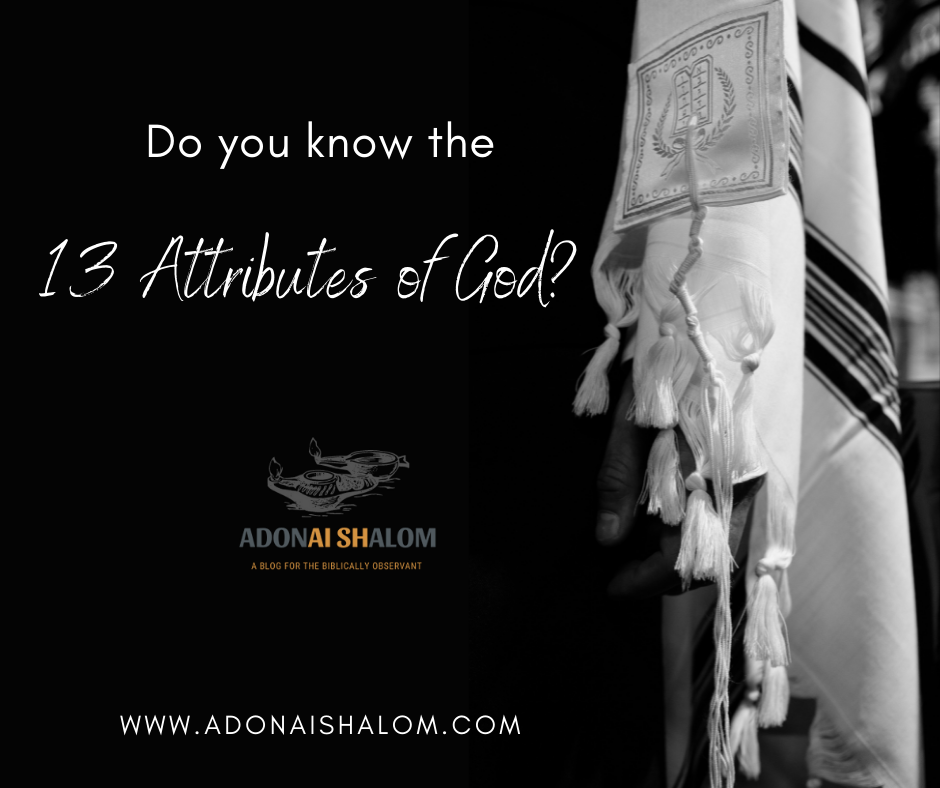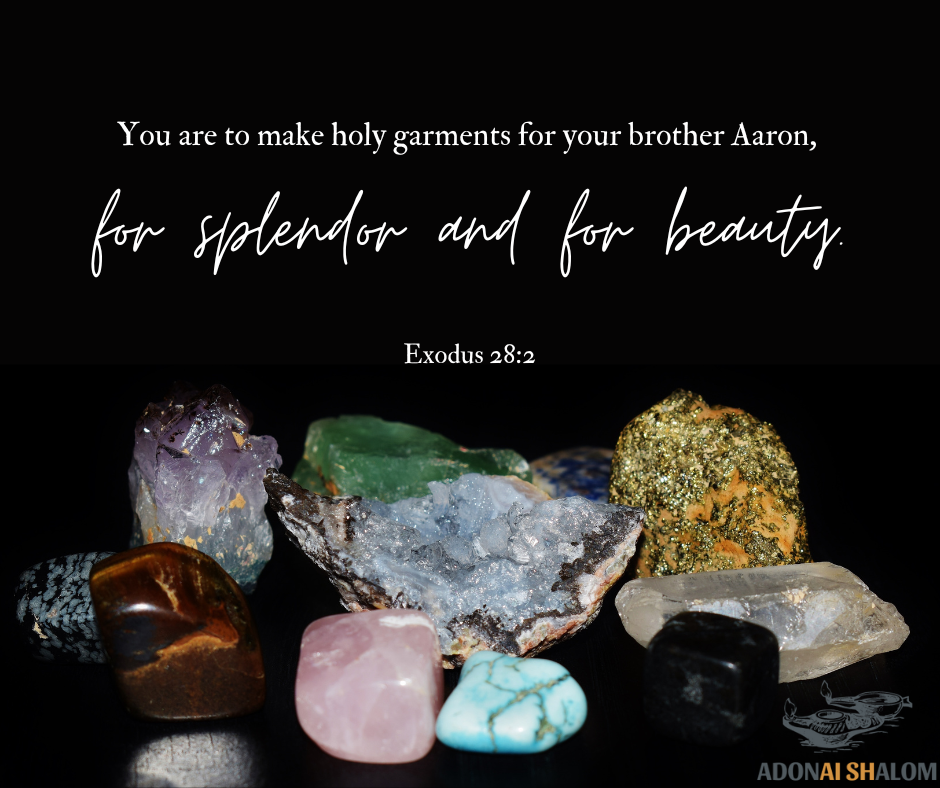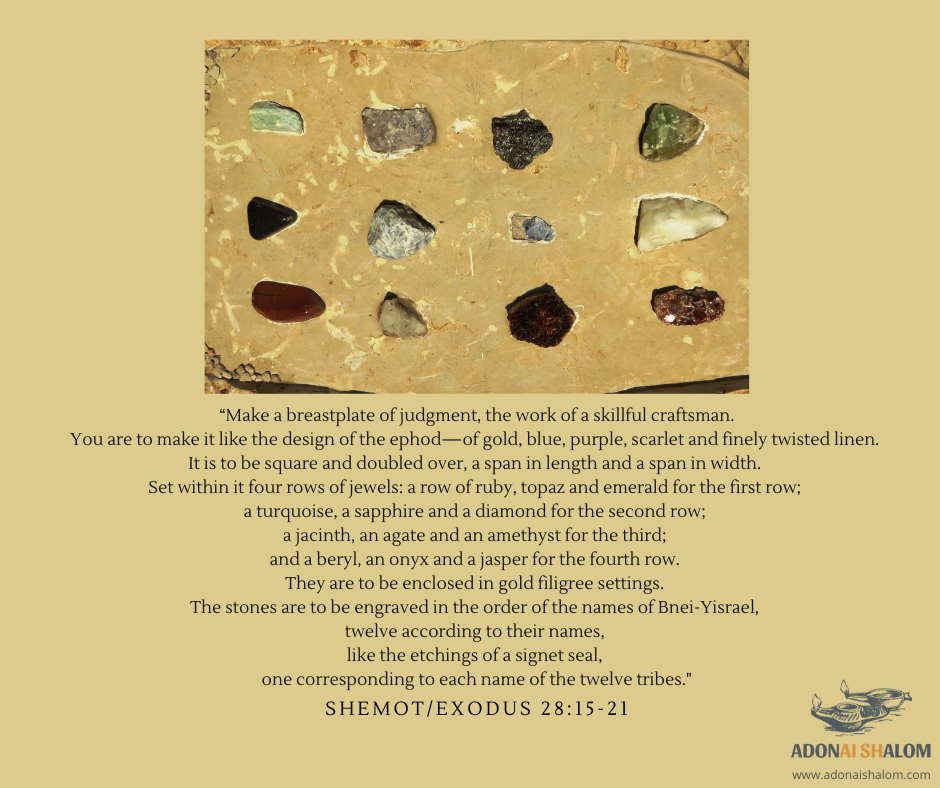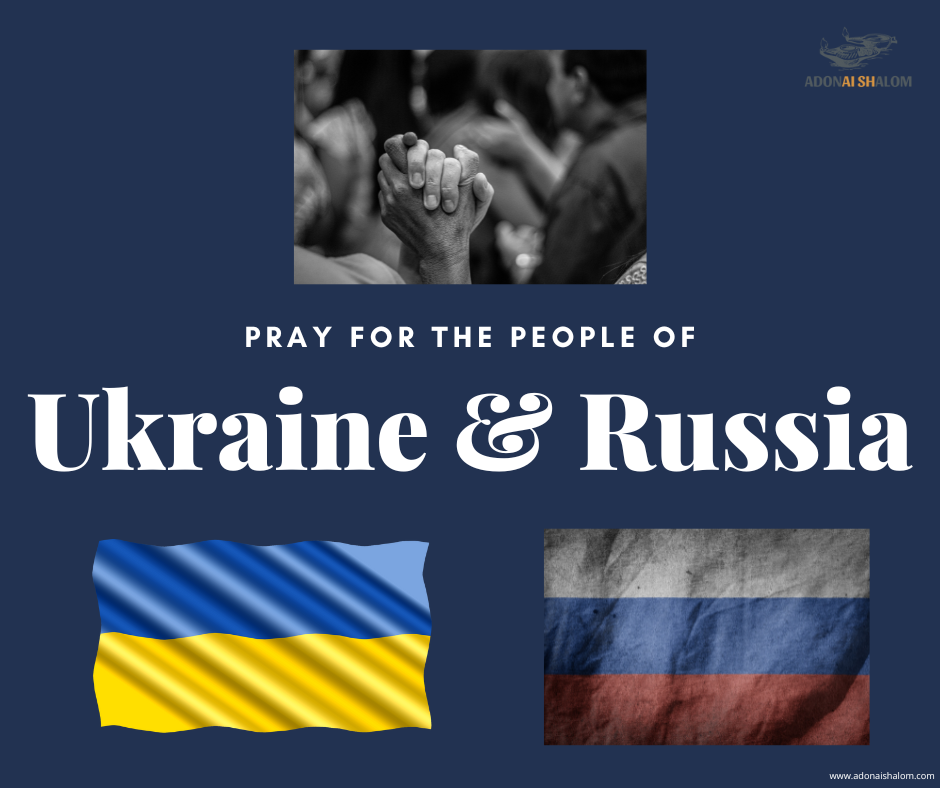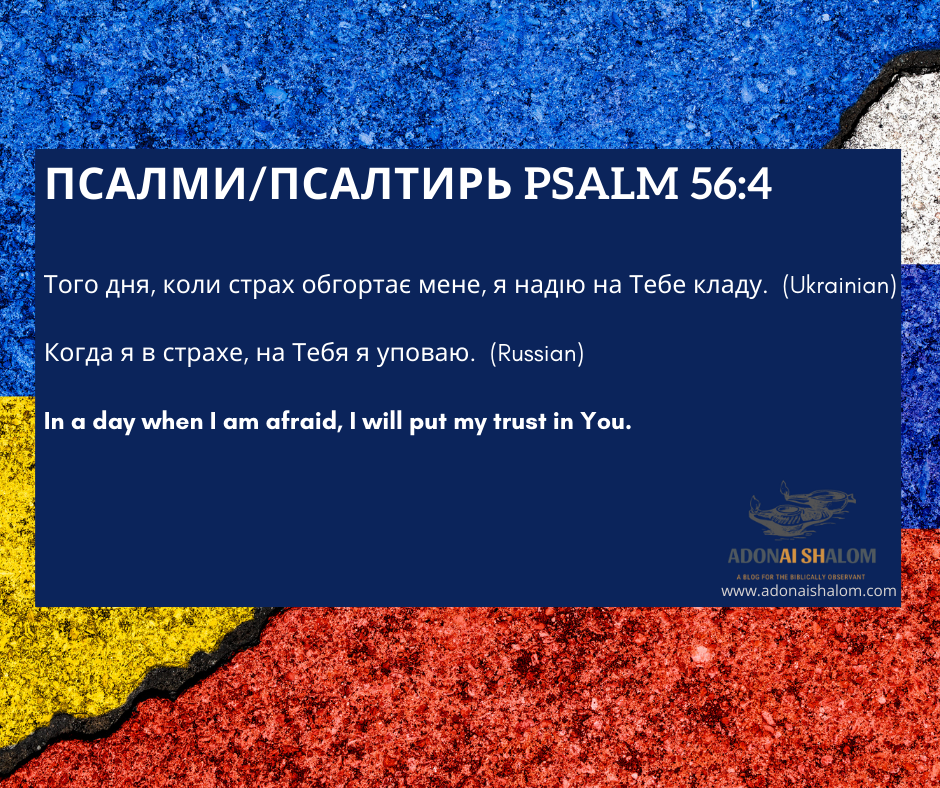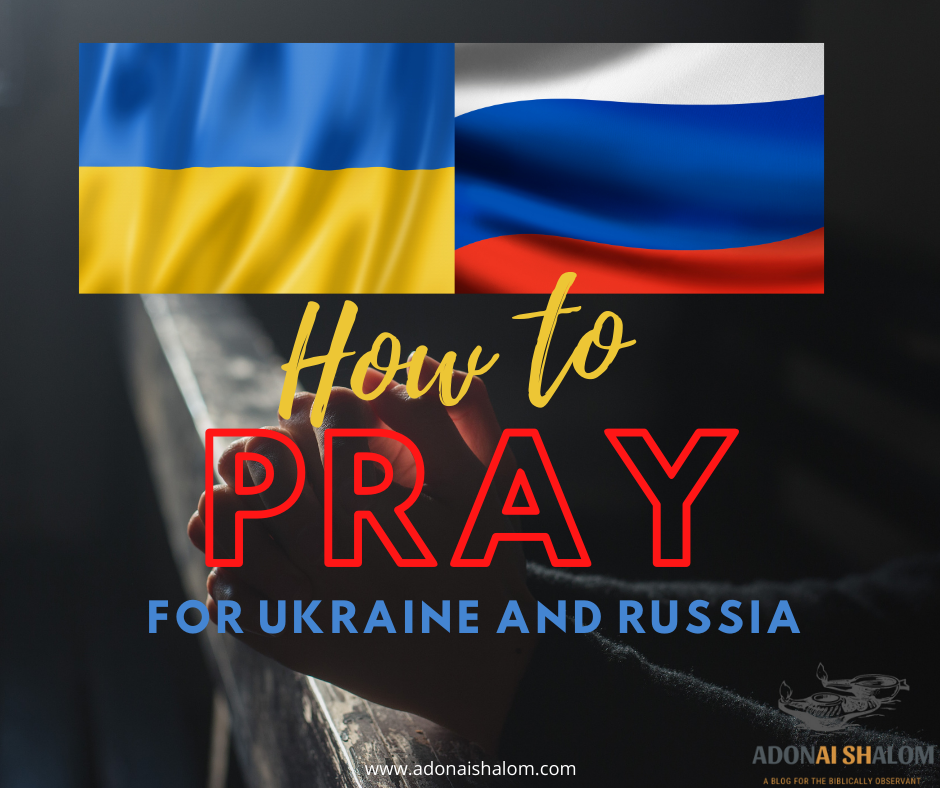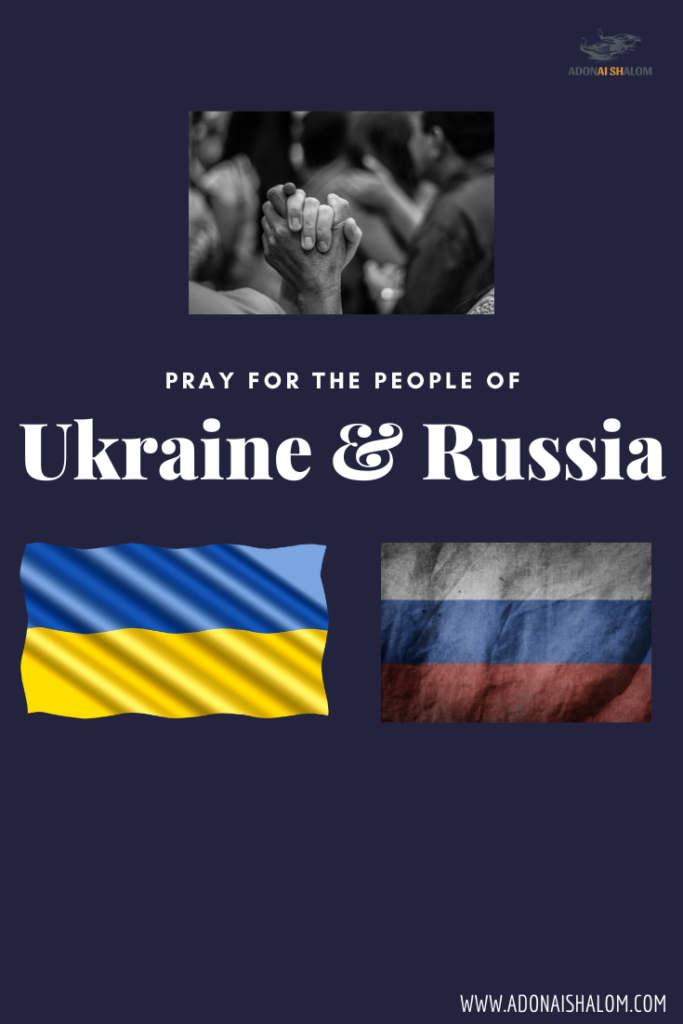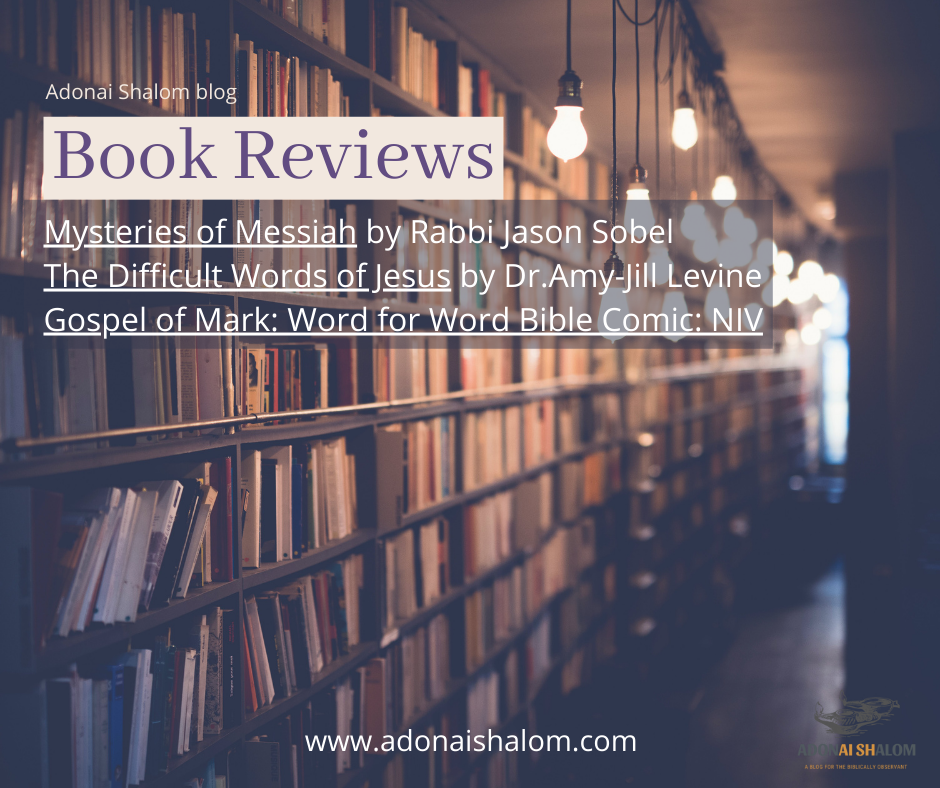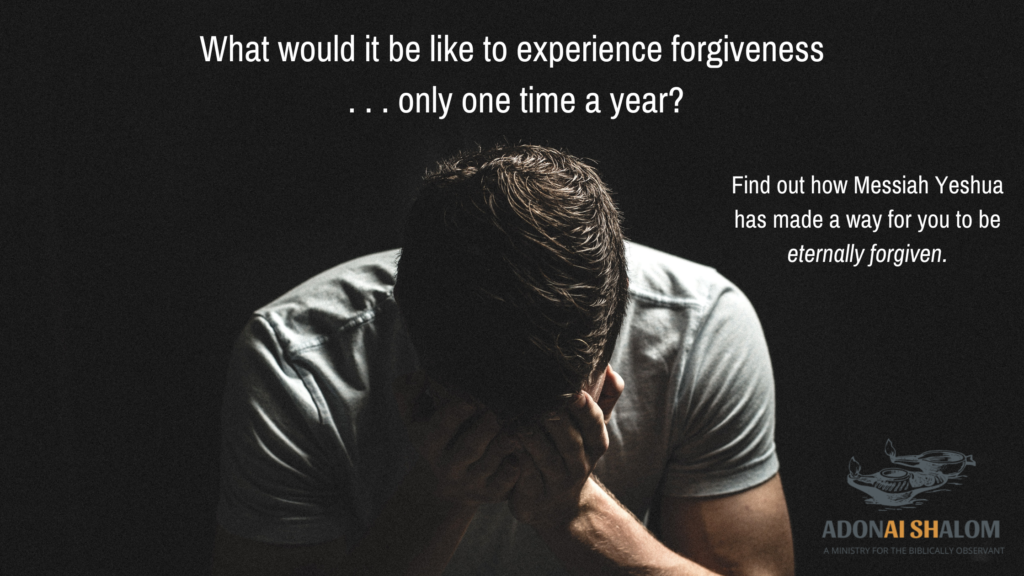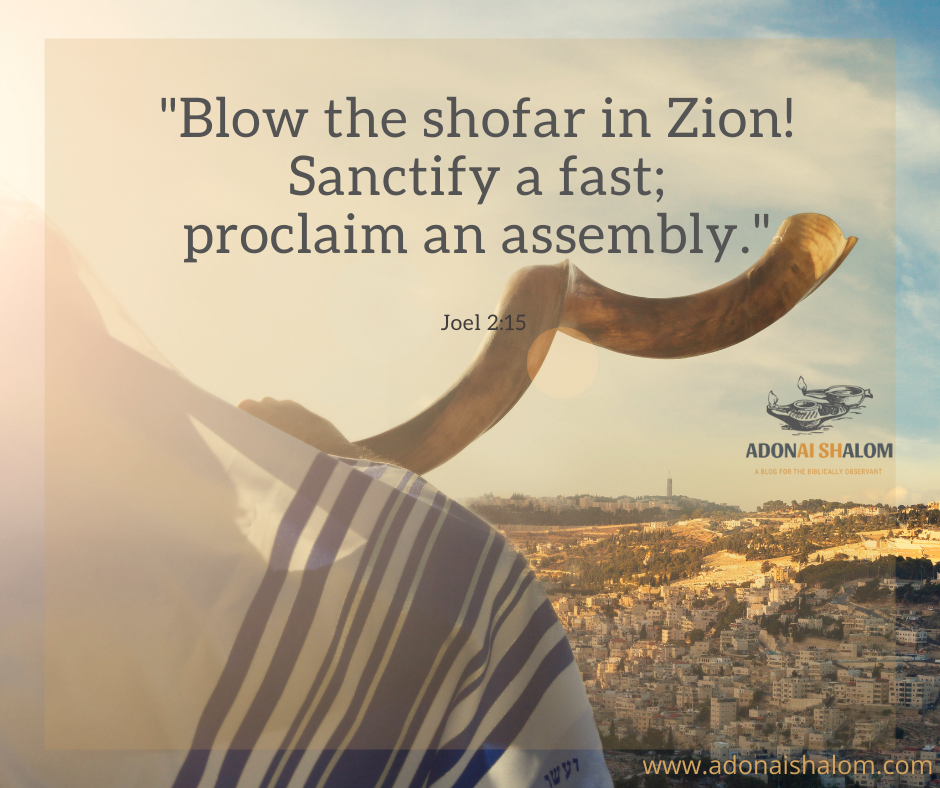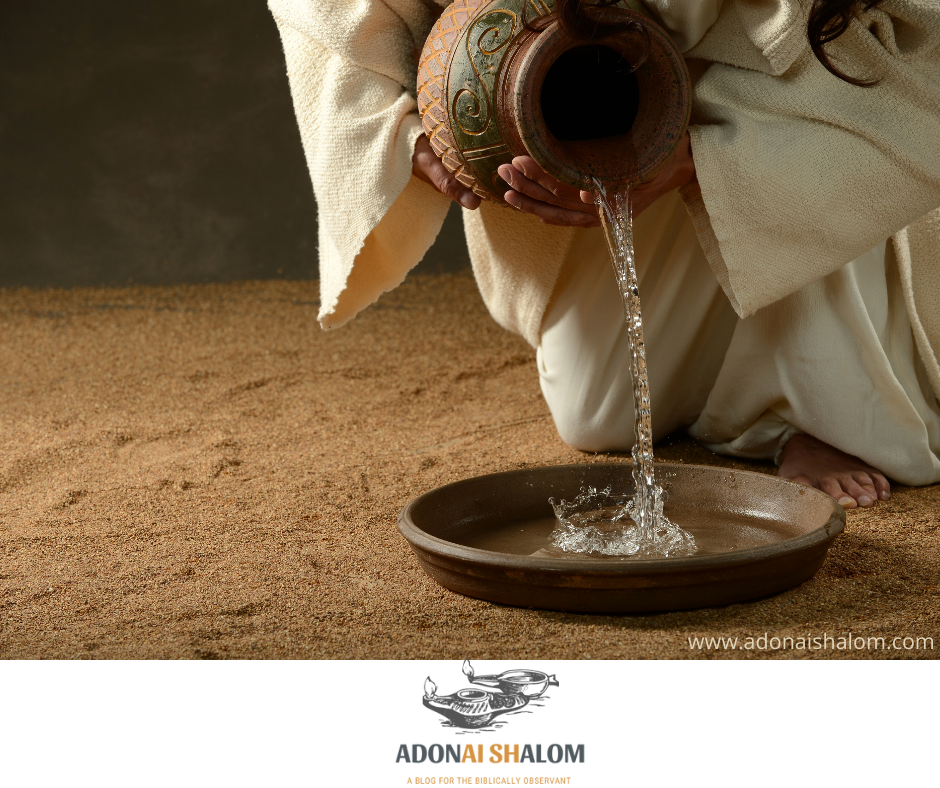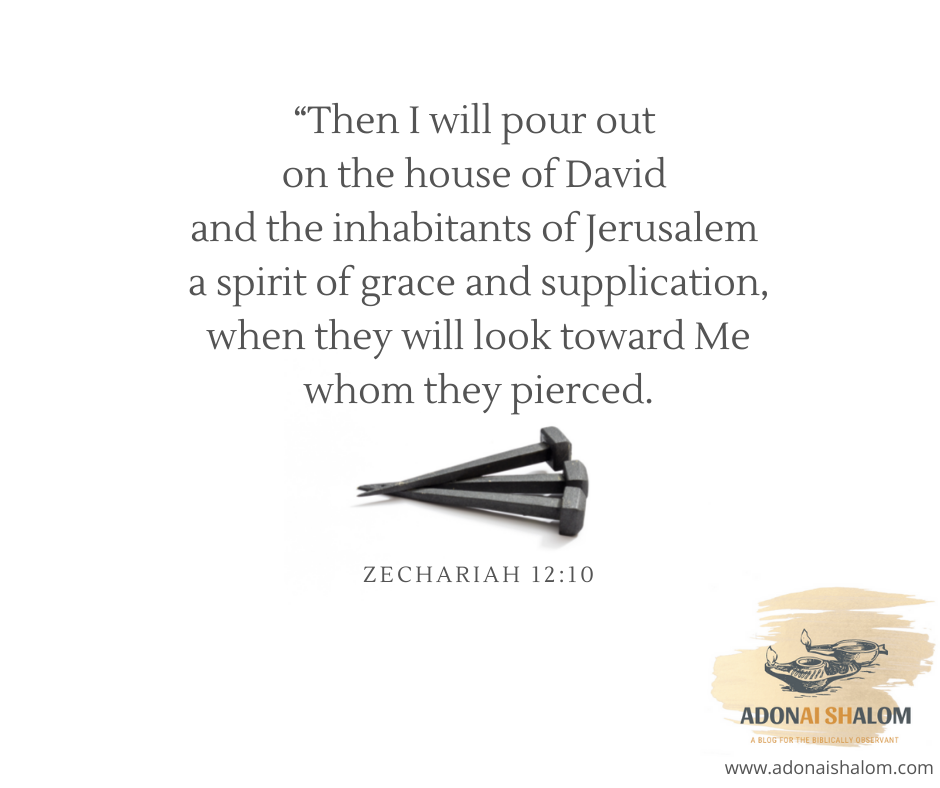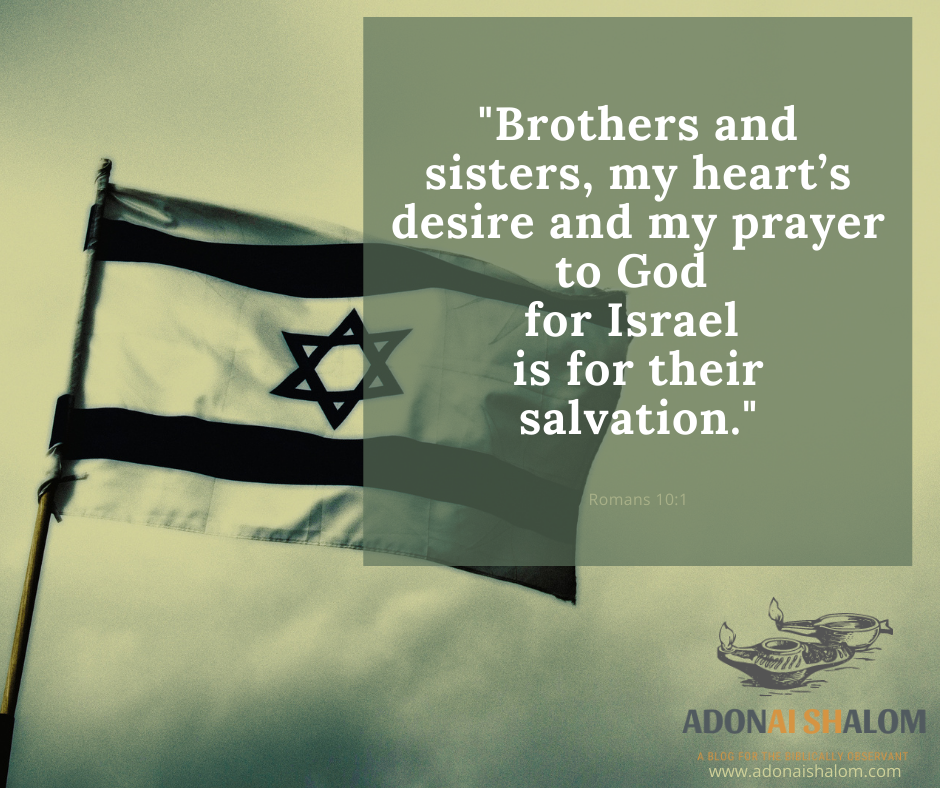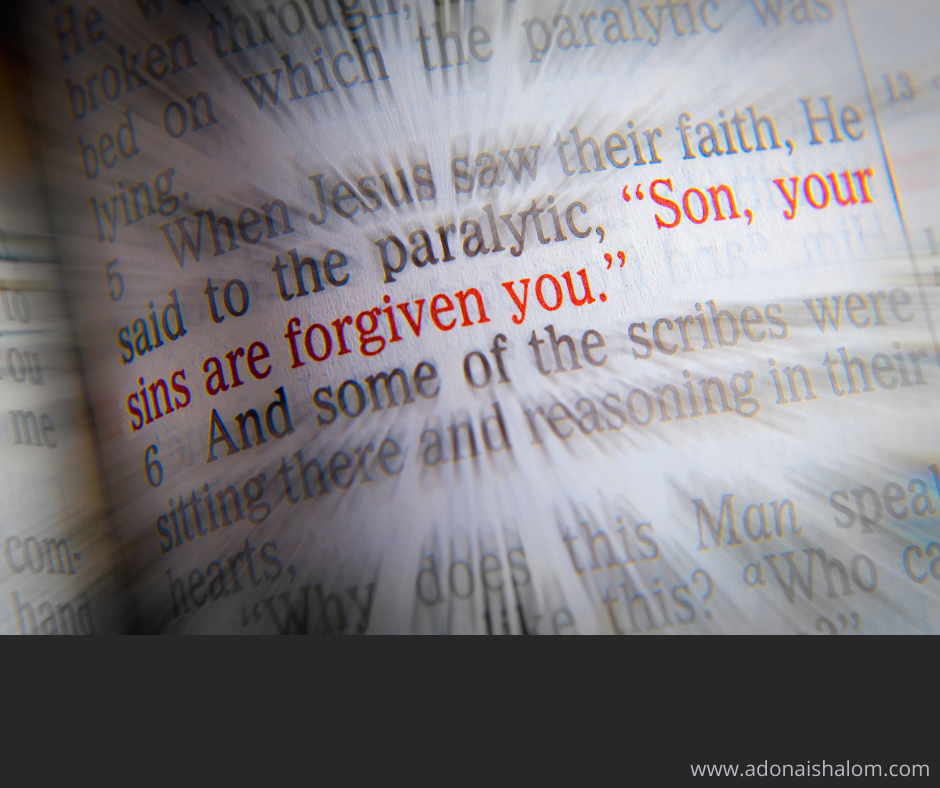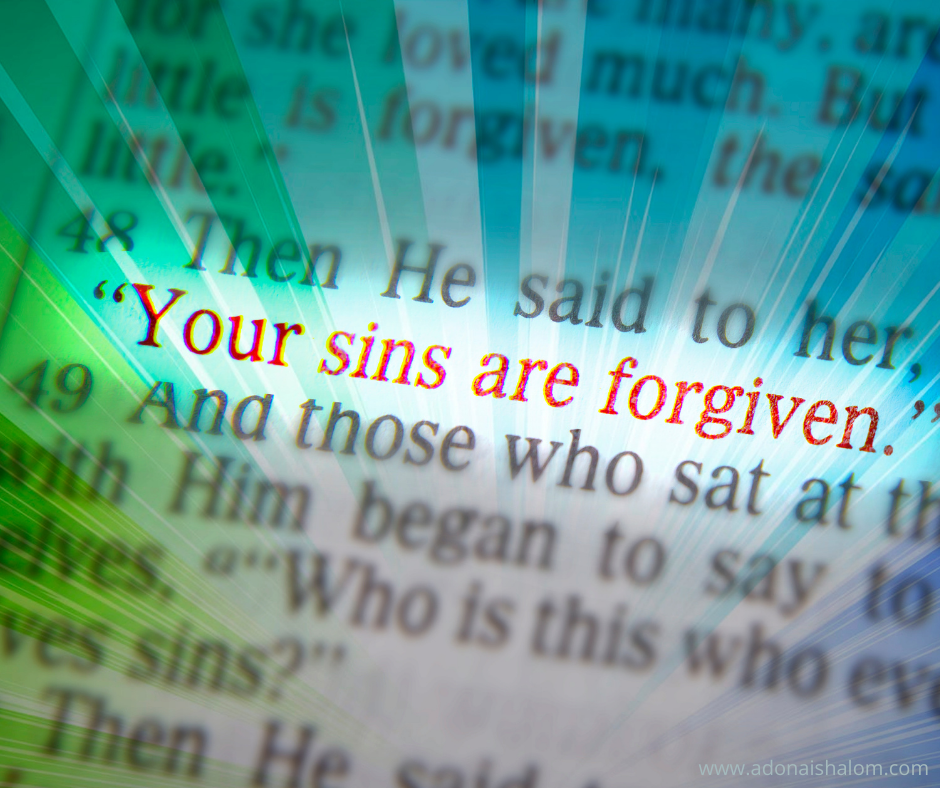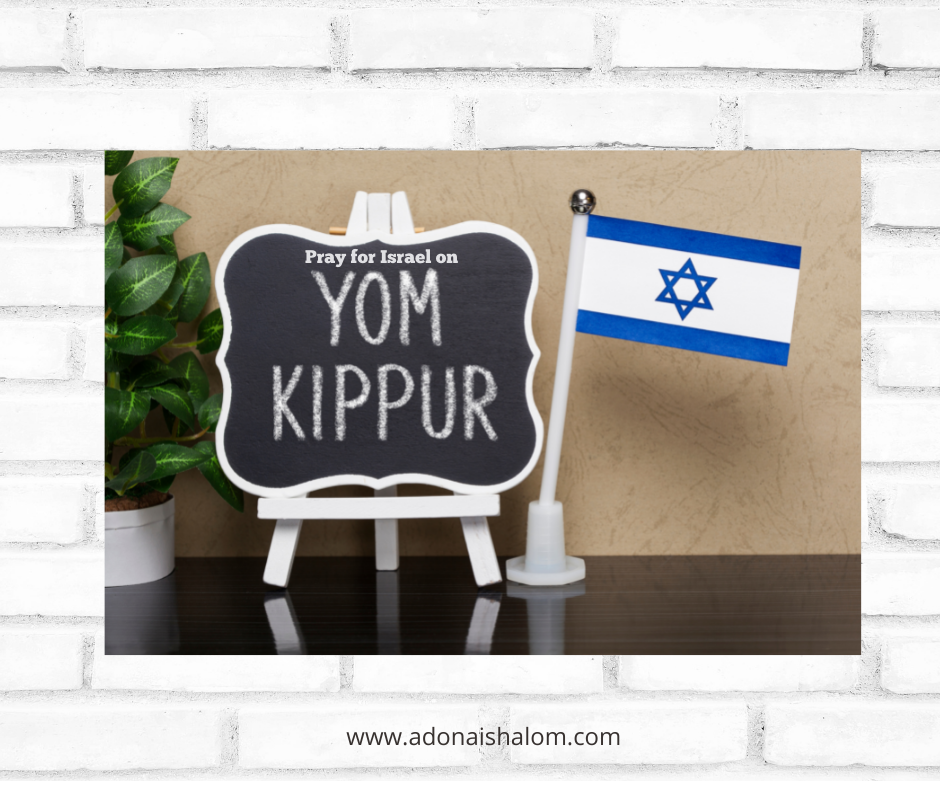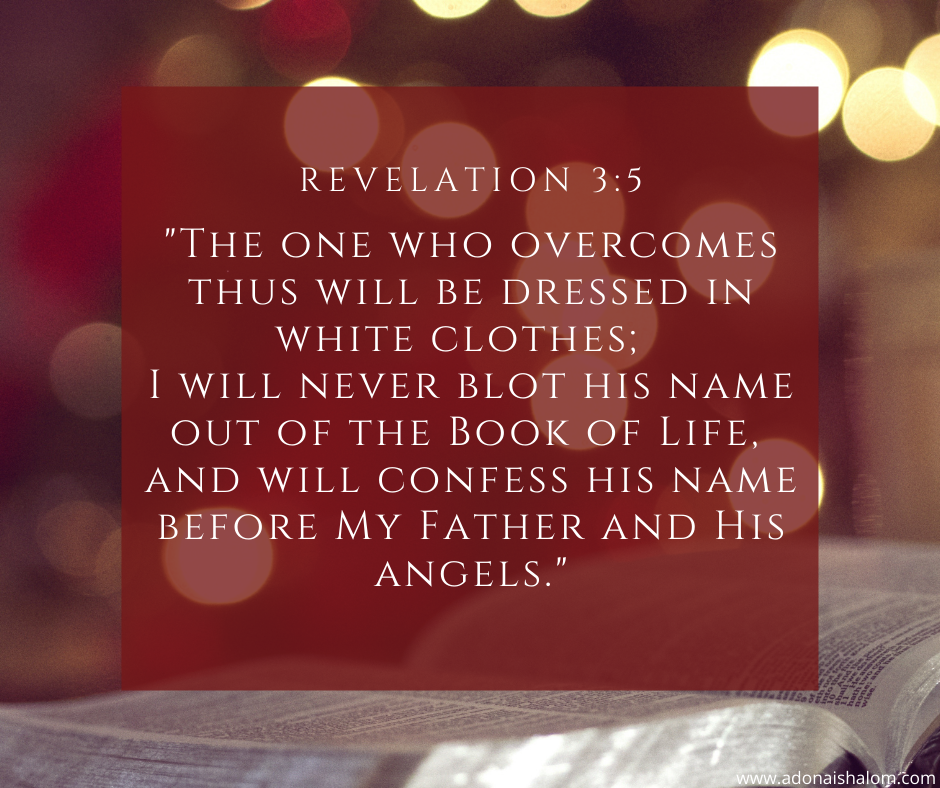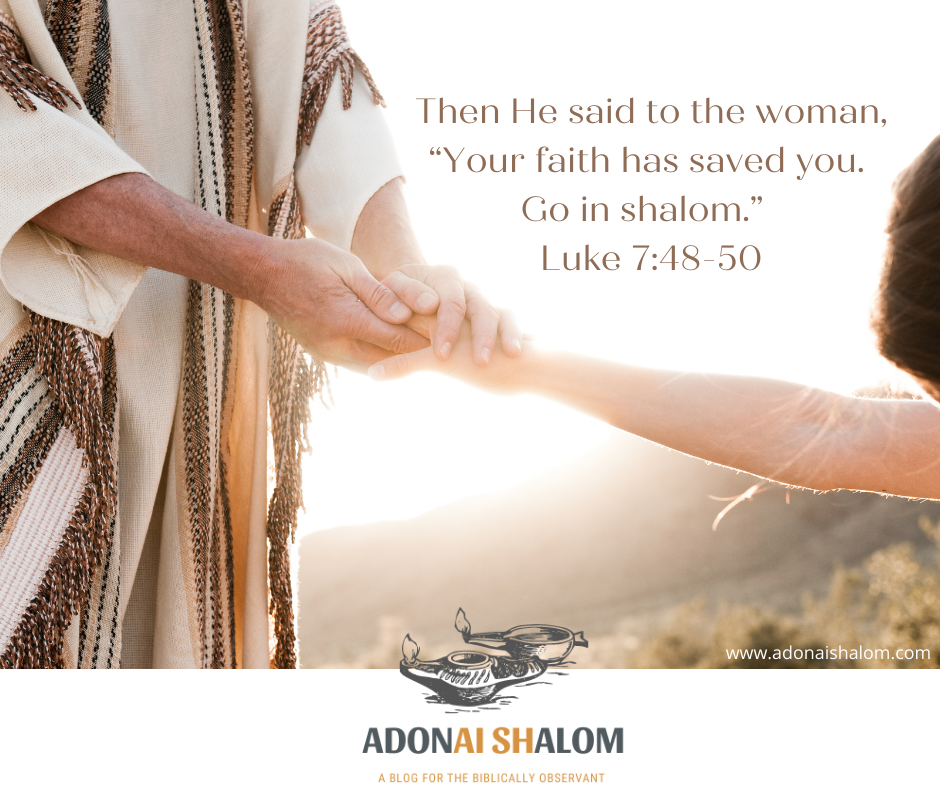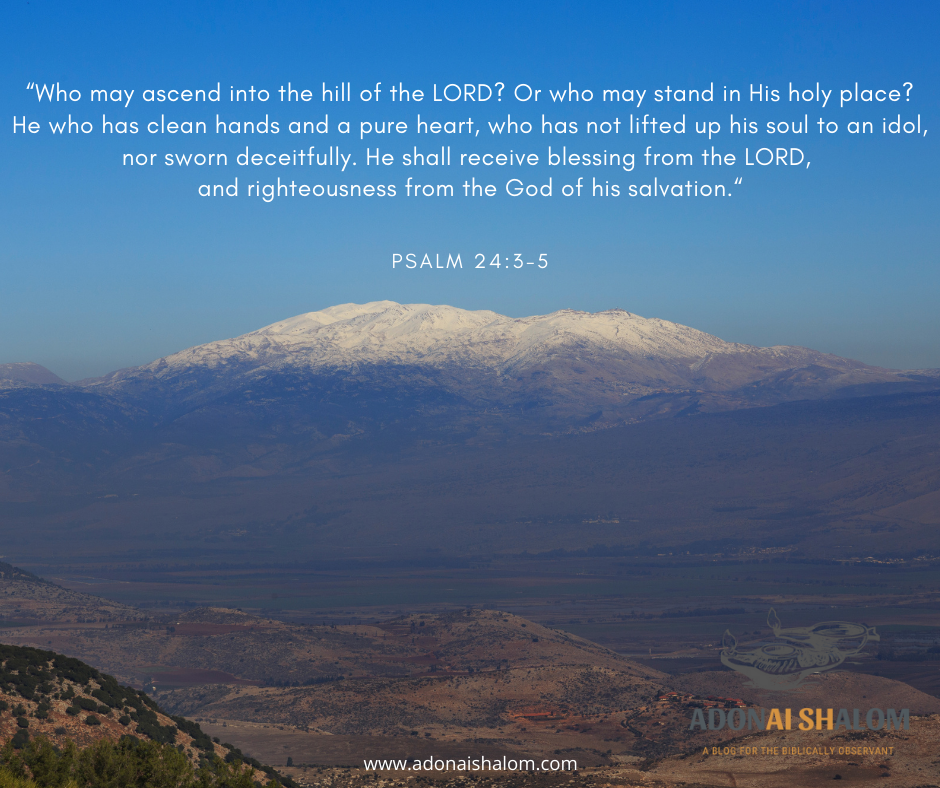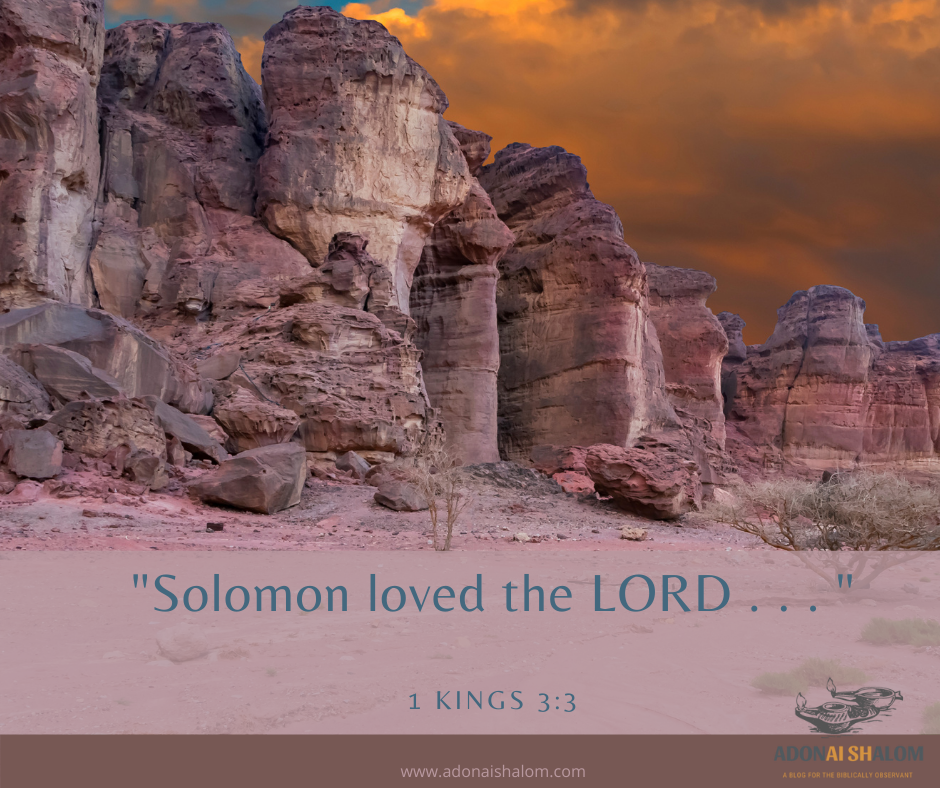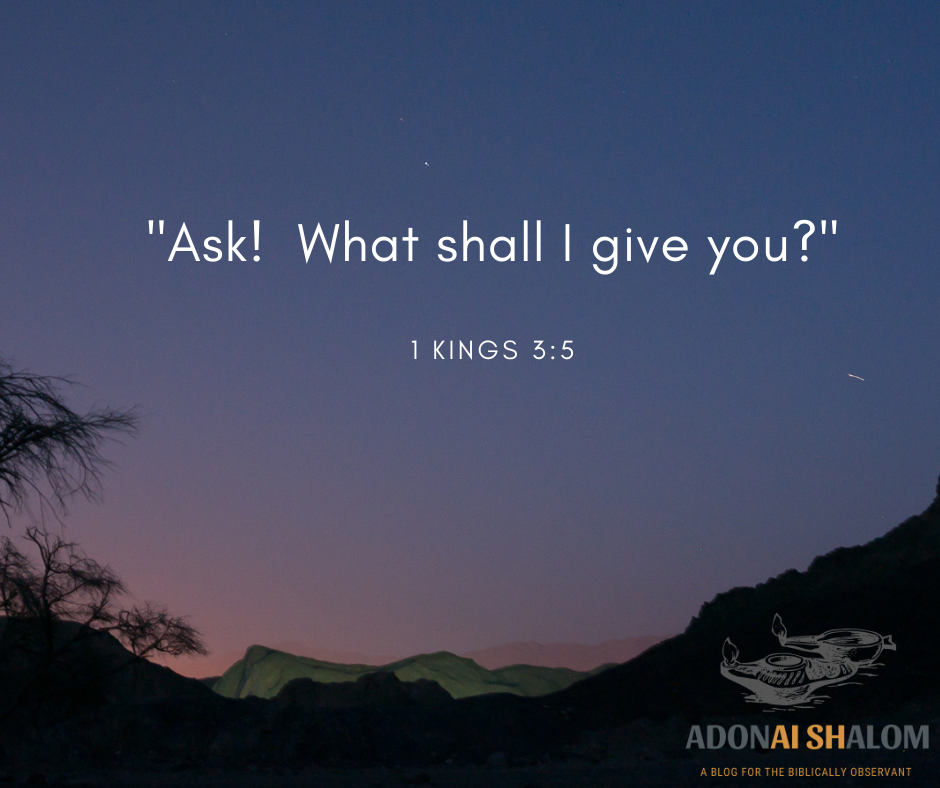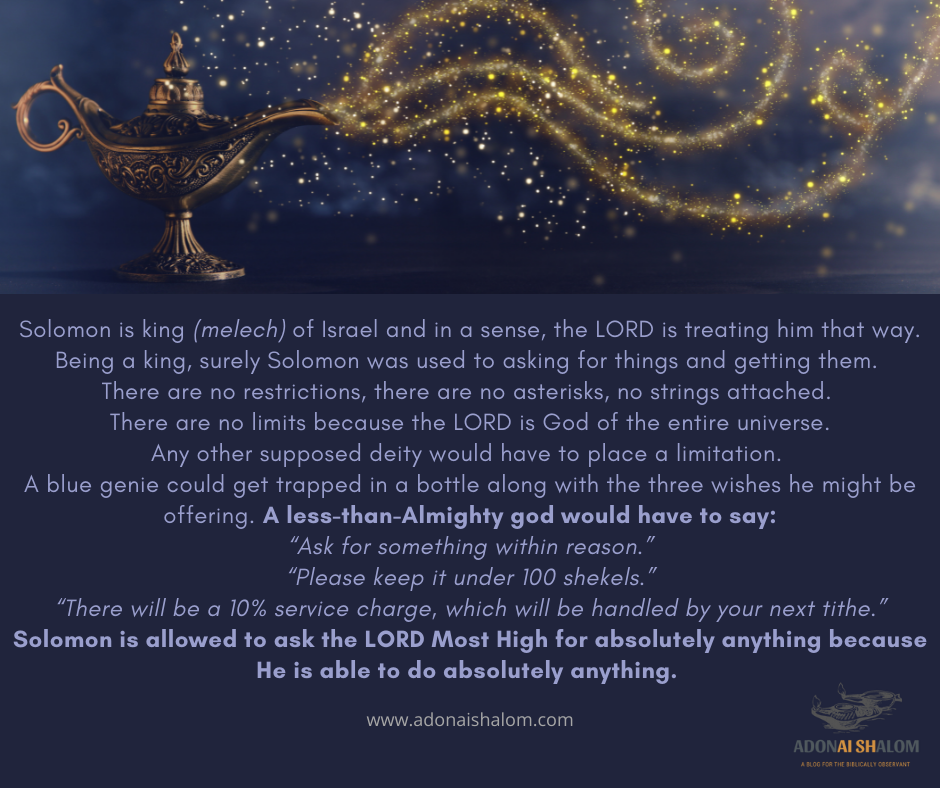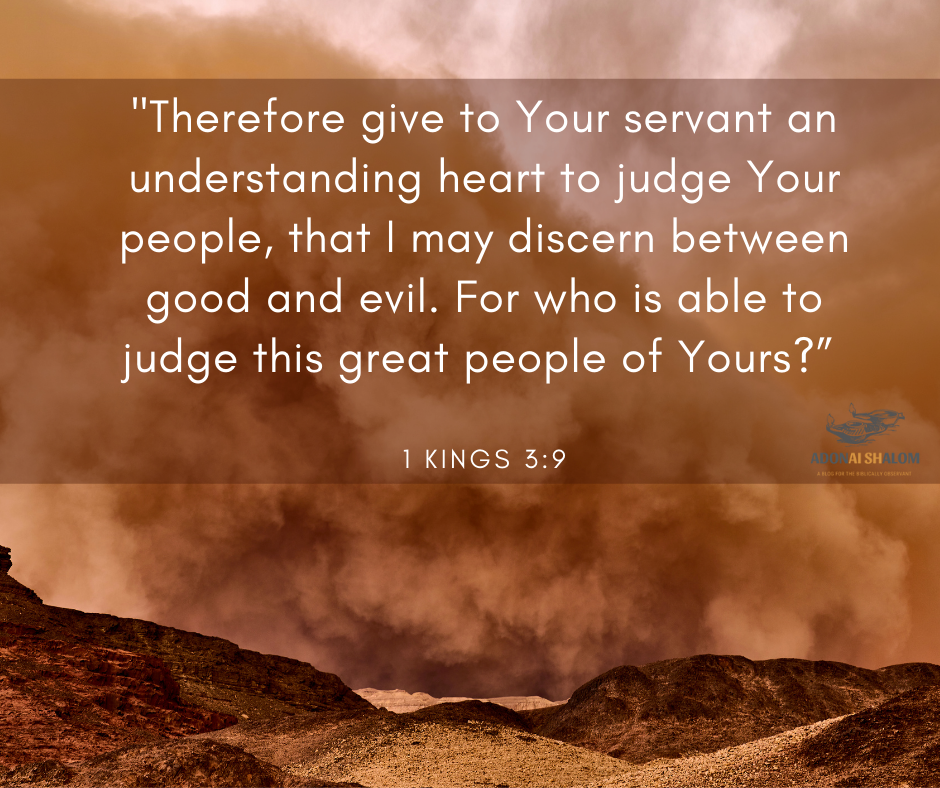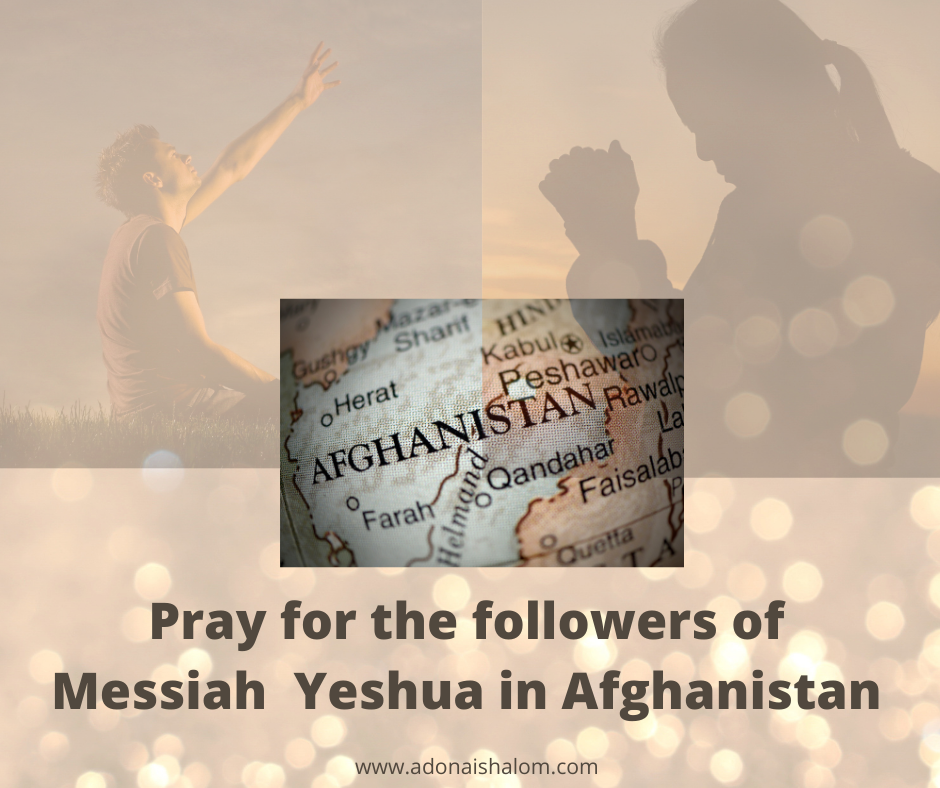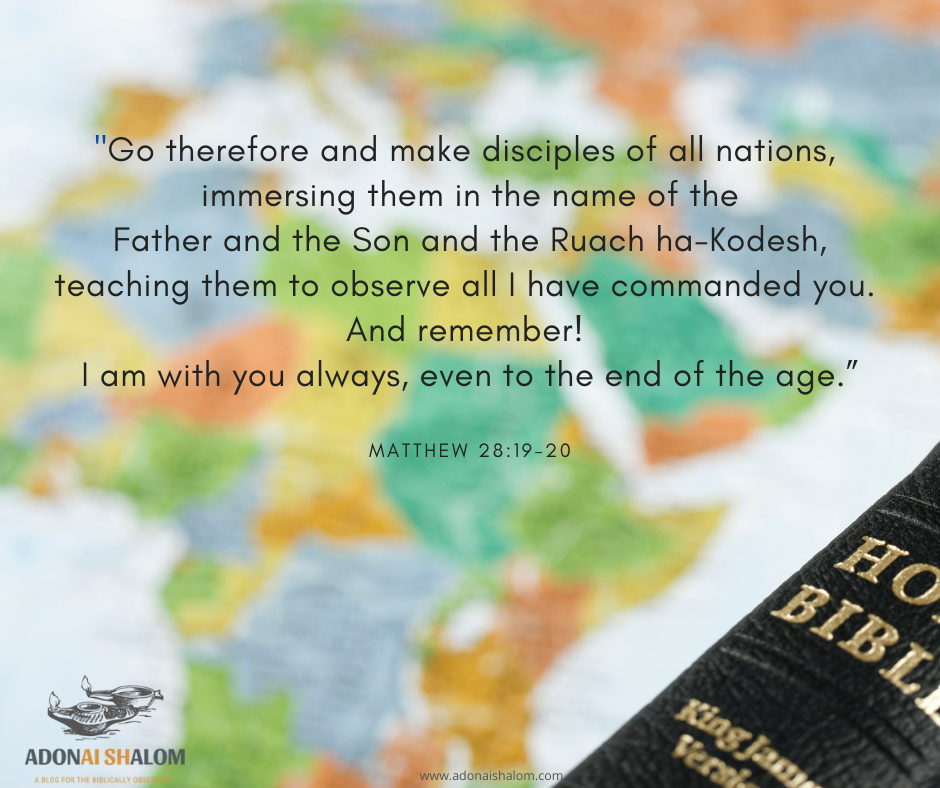Do you know the 13 attributes of God?
Parashat Ki Tisa (Shemot/Exodus 30:11 – 34:35)
Many core beliefs of Judaism are completely unknown to most Christians today despite sharing the same Hebrew Scriptures.
One central doctrine in Judaism has to do with the 13 Attributes of the Holy One.
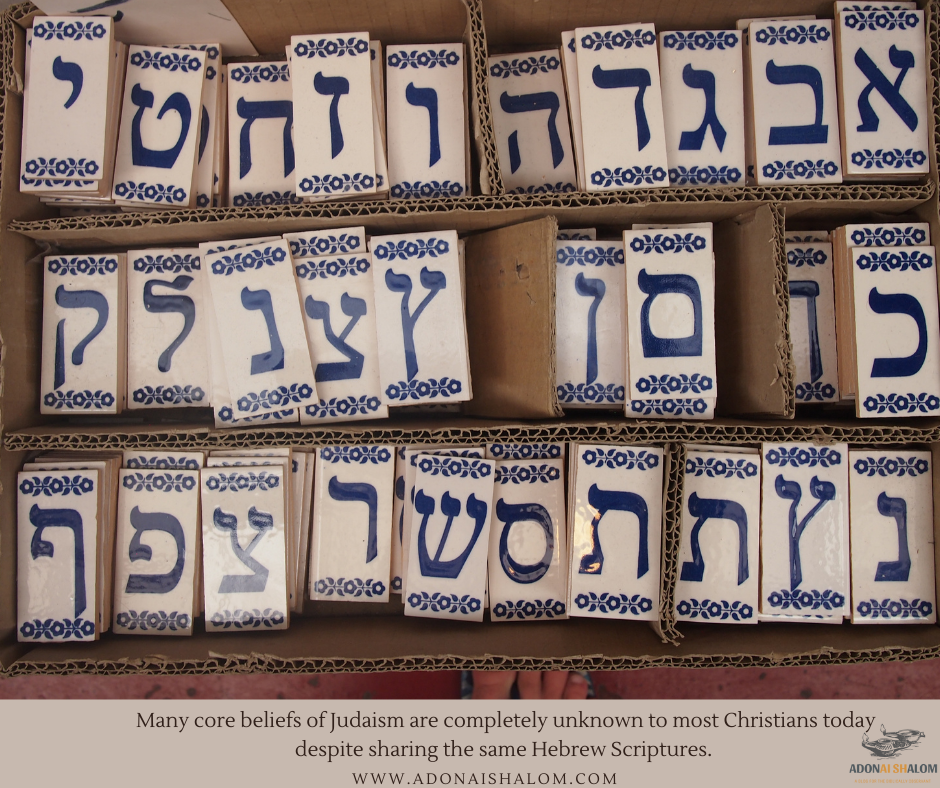
I find that many Christians become quickly dismissive of things like this because they believe this refers to a Jewish tradition rather than Biblical tradition. Judaism is well-known for its inclusion of oral tradition and Mishnah and extraBiblical texts such as the Talmud . . .
But did you know that the 13 Attributes are found in the Bible?
Tell me, when was the last time you heard a sermon on the 13 Attributes of God at your local church?
Do you realize that knowing the 13 Attributes of God can enrich your prayer life?
Can you list the 13 attributes?
By the end of this article, you will be able to name all 13 Attributes of God!
The lamentable separation between Judaism and Christianity
Misunderstanding, prejudice, and even antiSemitic preaching have robbed many of a relationship with the Jewish community. Most Christians do not have a “Hebraic” vocabulary and do not realize what they have been missing from the earliest pages in their Bible. Some Christian groups do not even use the “Old Testament,” citing it as just that – old, outdated, and done away with.
It would be better to realize that Judaism and Christianity have several things in common:
We can all agree there is a Creator who is our Father.
Also, we agree that though mysterious, He is One.
Jews and Christians share the history of Adam and Eve, and rejoice together about the parting of the Red Sea. We share a common history of prophets, battles, and victories. Jews and Christians alike cherish the Psalms and the Proverbs.
Yet doctrines and disputes abound.
Most hotly contested between the faiths is of course the deity of the Son of God: our Messiah Yeshua who was killed and rose again to life in victory.
So there has been a major divergence and many have abandoned any notion of unity because many feel the differences are too great between Christianity and Judaism.
But what if I reminded you, the very first Christians were Jewish Christians? There does not need to be such a sharp divide. Today’s Messianic expressions of faith bring both worlds together.
I encourage all Christians to study Jewish texts and learn as much Hebrew as you can! Your faith will be greatly enriched.
And, you will be a stronger witness if you are ever given the opportunity to share your faith with a Jewish person who does not yet know their Messiah if you know some of Judaism’s basic beliefs such as the 13 (Biblical!) Attributes of God!
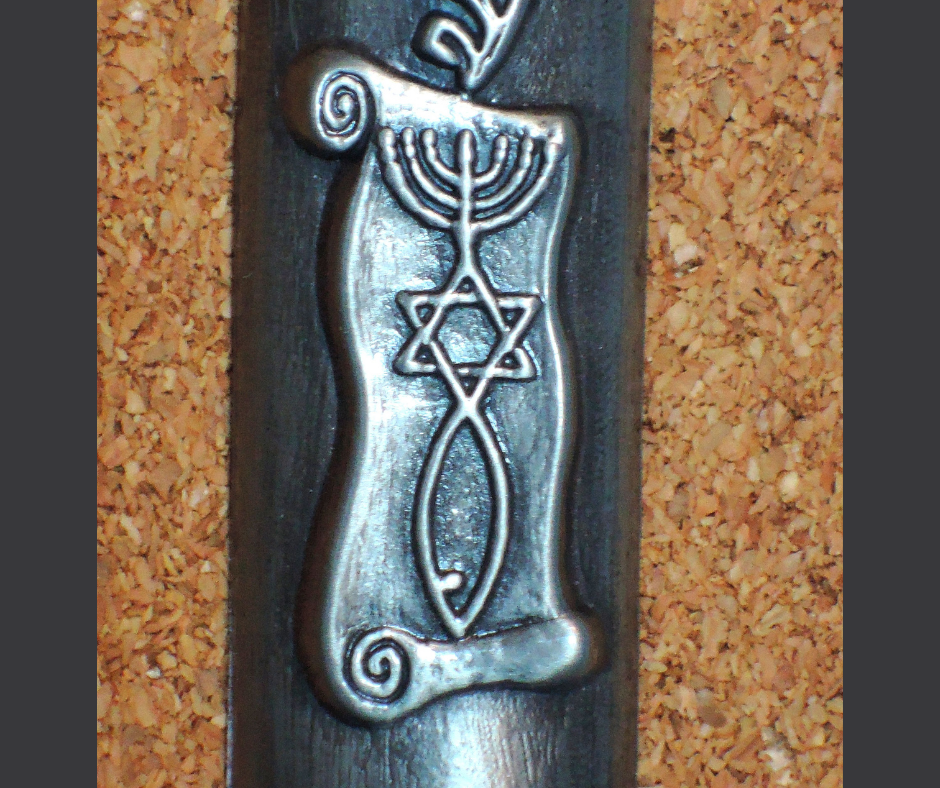
Much of Israel rejects Christian preaching because Christians are unfamiliar with these core Judaic Biblical doctrines such as the 13 Attributes
The Jewish tradition is very rich. It is full of wise scholarship, dedication, and quite a dose of seriousness.
Jewish people who do not yet know their Messiah see a lot of the shallow commitments within Christianity and rightfully question the validity of an unexamined faith.
They also know that many Christians do not know much if anything at all about the Torah, the shared first five books of the Holy Bible. That leads many Jewish people to reject anything preached by a Christian. Why? Because they revere the instructions that YHVH gave to them and cannot fathom why most Christians are unfamiliar with them if we claim to worship the same God.
If we are going to reach all of Israel with the saving news of the incarnation and resurrection, we need to truly know the God of Israel ourselves and value Judaism’s contribution to the faith history of Christianity.
How is it that we as believers know about Moses and the 10 Commandments (10 Words/D’varim)? How is it that we know about King David and King Solomon? We inherited these wonderful Scripture texts from our Jewish brothers and sisters! And if we dig deeply enough in the Scriptures, we will discover the 13 Attributes of God in the book of Exodus.
The 13 (Biblical!) Attributes of God
Exodus 34:6-7 lists the 13 Attributes of God.
At first glance, these two verses may not seem very significant at all. But notice, it is ADONAI the LORD speaking, and the Bible says Moses quickly bowed his head down to the earth immediately following this revelation. There’s something greater going on here than perhaps first grasps our attention.
Indeed, too often we gloss right over these very rich passages in Scripture and completely miss something incredibly poignant.
Dare I say it, most Christian pastors today are more interested in their 13 week hipster sermon series more than digging deeply into the treasure of Scripture. There, I said it.
May the LORD bring a renewed desire for Biblical literacy among believers! May there be repentance starting from the pulpits. May there be true revival once again.
“My people are destroyed for lack of knowledge.” Hosea 4:6a
See why I have emphasized the richness of Jewish Biblical scholarship? Passages like Exodus 34 aren’t overlooked in the Jewish tradition, but are instead well-known, beloved aspects of Jewish worship.
YHVH Himself revealed the 13 Attributes

YHVH Himself, the King of kings, “descended in the cloud” and “stood with [Moses] there as he called on the Name of ADONAI.” (Ex.34:5)
Hallelujah! Baruch ata Adonai! As Moses called upon the Name of the LORD, the LORD Himself descended to where he was. Call upon the LORD, dear friend, the LORD will meet you where you are.
Exodus 34:6 records that the LORD Himself proclaimed these attributes. He repeats His Holy Name YHVH twice to begin.
The 13 Attributes of God – Exodus 34:6
Attribute 1: יְהוָ֔ה – YHVH. Just as in the 10 Commandments/10 Words, the LORD is revealing that He is God alone and we should have no other. His Name is His essence. He is who He is, He is the Great I AM. He is Holy and we should be in awe of His presence. When you pray, remember who He is, and be in awe of His majesty!
Attribute 2: יְהוָ֔ה – YHVH. By repeating His Name, He reminds us that He does not change. His Name should always grasp our attention. Whenever anything is repeated in Hebrew, pay close attention, because the repetition is there to highlight something important. It is common in Jewish tradition to interpret the repetition here as a divine reminder that YHVH is merciful even before we sin and merciful even when we do sin. I am pointing this out as part of Jewish tradition to carefully distinguish between all that is Biblical versus what man has interpreted or added over the years. When you pray, know that He is the unchanging God, the Eternal One, undeniably merciful and ever-present.
Attribute 3: אֵ֥ל – EL: YHVH is EL, our Elohim, our God. It is a wonder that He is willing to be our God and reveals Himself to us!
Attribute 4: רַח֖וּם Rachum. Rachum means compassionate. According to the Brown-Driver-Briggs Hebrew and English Lexicon, this term is always only used in reference to God. He is El Rachum – the Compassionate God, full of mercy. The only One who is truly merciful and full of genuine compassion. Pray using the names of God – LORD, El-Rachum, the One who shows you the depths of His care. You may enjoy listening to this touching song, “Rachem” which is a plea for the LORD’s mercy.
Attribute 5: חַנּ֑וּן Chanan. Chanan means gracious, showing favor. He is El-Chanan, the LORD Most Gracious and by the grace of His redemption, He grants us unmerited favor.
Attribute 6: אֶ֥רֶךְ אַפַּ֖יִם Erech Apayim. Erech comes from a Hebrew root meaning “to stretch” or “to lengthen.” Apayim is the word for anger. This is usually translated as “slow-to-anger.” Truly, He stretches out His response when angered, elongating it for our benefit. His compassion is listed prior to any mention of anger – showing us that His compassions fail not and He is truly slow to anger.
Attribute 7: רַב־חֶ֥סֶד Rav Chesed. Rav means “abundant” and “great” and Chesed is “lovingkindness.” His great, abundant lovingkindness sustains us. Kindness is underrated in our society today. Take some time to really think about what it is to be kind. The LORD is so kind to us.
Attribute 8: אֱמֶֽת Emet. Emet is Truth. Rav chesed v’emet: abundant in lovingkindness and truth. The world wants to claim relative truth, but we know that in God we find the Absolute Truth.
The 13 Attributes of God – Exodus 34:7
Attribute 9: נֹצֵ֥ר חֶ֙סֶד֙ לָאֲלָפִ֔ים Notzer chesed la’alafim. “Preserver of kindness for thousands.” [of generations].
Attribute 10: נֹשֵׂ֥א עָוֺ֛ן Nosei Avon. “Forgiver of iniquity.” “Nosei” refers to “carrying”, “lifting”, “bearing”, “taking away.” He promises to lift off our burden of sin. There seems to be a nuance between “avon” and “chatah” – that “avon” is best translated “iniquity.” Nosei avon: He forgives our willful, intentional sin.
Attribute 11:נֹשֵׂ֥א פֶ֖שַׁע Nosei Pesha. “Forgiver of rebellious sins.” The LORD is willing to forgive our defiance and our transgressions, no matter how treacherously we have breached the covenant.
Attribute 12: נֹשֵׂ֥א חַטָּאָ֑ה Nosei Chatah. “Forgiver of sin.” He forgives our mistakes – our unintentional sins committed due to our ignorance.
Attribute 13: נַקֵּה֙ Naqeh. Strong’s Concordance describes the root naqab as “to be empty or clean.” He literally empties us of our impurities.
So, listing the 13 Attributes, we see that
He is the LORD. The LORD God.
He is the Compassionate and Gracious One.
He is slow to anger and abundant in Lovingkindness and Truth.
He is the Preserver of Kindness for thousands.
He is the Forgiver of iniquity, rebellious transgression, and sin.
And He cleanses us.
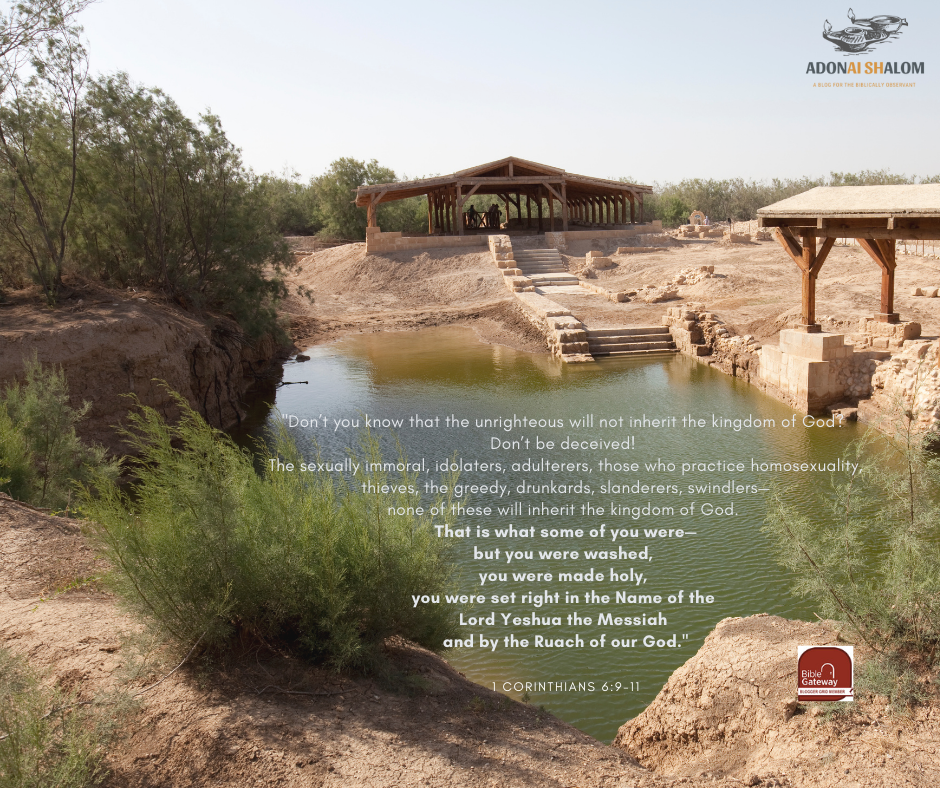
All of that in just TWO verses!
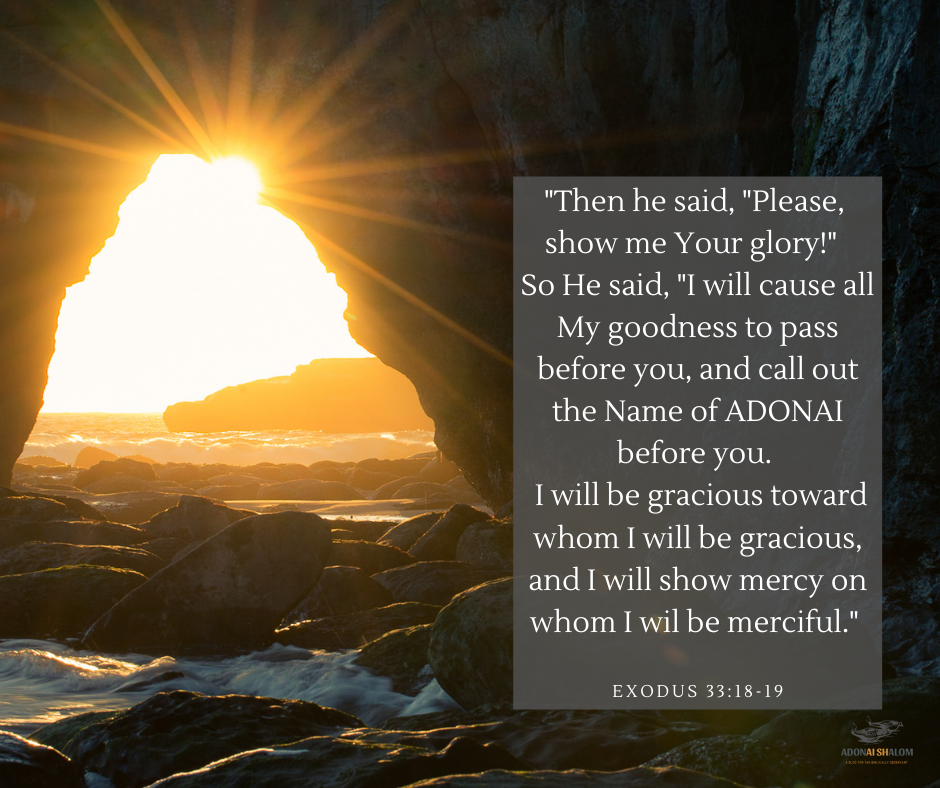
You may be aware that just one chapter earlier in the Scriptures Moshe (Moses) pleaded with God, “Please, show me Your Glory!” Notice how the LORD responded:
The LORD kept His Promise to Moshe (Moses) made in Exodus 33
As you can see with the revealed 13 Attributes, the LORD kept His promise to Moshe. He said He would cause His goodness to pass before him – which is what happened upon on Mount Sinai. Then, He promised He would call out His Name before him. In the 13 Attributes text of Exodus 34:6-7, the LORD pronounced His Name (twice!) as introduction to the revealing of His merciful characteristics. In the 13 Attributes, we discovered that He describes Himself as the Compassionate and Gracious One, just as He foretold in Exodus 33.
I hope you were able to sense the power behind the words spoken by the LORD to Moses. The Word of God is astounding! There is always something new to learn and discover. May your faith be refreshed and your confidence in His love strengthened.
Shalom, friends.
I hope this study was of blessing to you! May you be able to meditate on the Word of God and these thirteen divinely-revealed attributes! We’d love to hear from you – comment below and share with your friends or congregation! If you would like to receive teachings like this straight to your inbox, please subscribe below!
